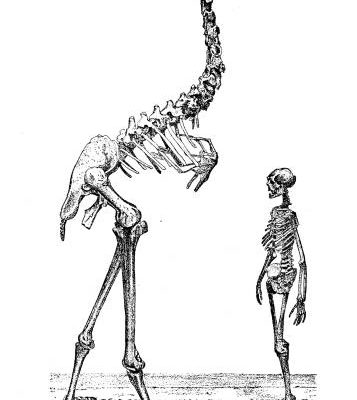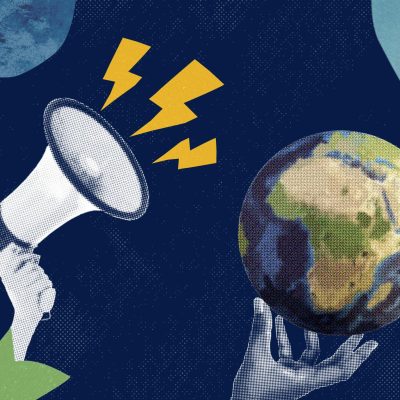Animal testing is animal abuse and it should be stopped.
Imagine waking up every day to bright lights and people wearing rubber gloves, white coats, and masks. They hold you tight and insert a skinny tube up your nostrils that contain weird chemicals. After this, they put you in a cage for the rest of the day until you have some type of reaction and they do tests on you. You’re forced to do this your whole entire life, from when you were a baby to the day of your death. You see people killing animals right after injecting chemicals into them. If you’re a dog you’re forced to breed with other species, if you’re a rat you get chemicals injected into your body, if you’re a monkey you get your body stretched and used by machines. Nobody is safe in laboratories.
Animal testing is horrible and inhumane and it shouldn’t be a thing. I wonder how people would react if they got taken from their homes and got tested. These tests are not even relevant since animals react differently from humans when in contact with certain chemicals. Knowing these differences exist and still abusing animals is animal cruelty.
In ancient Greece, vivisections of animals were a normal practice to acquire knowledge of the mechanisms and functions of living organisms; they still do these experiments to this day. In the U.S there are no laws protecting animals from physical and psychological pain and suffering once the testing has been approved by the in-house committees.
According to NPR’s science, medicine, and environment correspondent, Richard Harris “rats and humans have been on their own evolutionary paths for tens of millions of years. We’ve developed our own unique features, and so have the rodents.” Rats and humans are different in many ways and will show different results on the same kind of test.
Something that people say to defend the cruelty of animal testing is that animals can’t feel pain and that they don’t feel emotions. This is wrong. Animals can get sick, they can be angry, sad, happy, and feel all the emotions we have too. According to Psychology professor and affiliate at the Kennedy Institute of Ethics, John P. Gluck, John writes, “We have consistently underestimated animals’ mental complexity and pain sensitivity.” Humans don’t see animals as individual beings and only see them as tools. They will talk about animal testing but leave out the worst parts of it. Animals are smarter than humans in different ways. I know it sounds stupid but they have survival instincts that humans don’t, they can sense when they’re in danger, and they know when to attack and how to attack. People may say that there is no point in animals being on this planet with us, but they are wrong. Animals have been on this planet for millions of years and nothing can change that.
As a former researcher, Gluck also shares that, “College textbooks are frequently sanitized, stripped of descriptive language, deliberately preventing the reader from getting a true picture of the emotional and physical torment inherent in the research.” Cruelty in animal testing is a real thing that has been going on for many years and it is not spoken about enough. According to The Humane Society Of The United States, animal testing is illegal in several U.S states like California, Hawaii, Illinois, Maine, and Maryland.
Animals are being abused by scientists, who don’t want to show you the real cruelty in animal testing. This shouldn’t be normalized in any kind of way. According to the Humane Society International, “Some tests use thousands of animals at a time, while others are repeated two or even three times using different animal species or routes of administration (oral force-feeding, forced inhalation or skin injection); no pain relief is provided.” Makeup brands and other products use animal testing before releasing their products. Some companies that use animal testing include but are not limited to L’Oreal, Colgate-Palmolive, and Henkel. The more people buy things from these companies the more animals get abused and tested.
It would be nice if people started supporting companies that are cruelty-free. There are organizations like Last Chance for Animals (LCA) that advocate for animal rights. LCA is an international, non-profit organization dedicated to eliminating animal exploitation through education, investigation, legislation, and media attention. This organization has its roots in fighting and exposing the inherent cruelty of vivisection. Donating to this organization will help stop the pain and suffering inflicted on animals each and every day.
We have the power to choose if we want things to change or not. We can donate to organizations that rescue animals from labs and give them a life they would have never had if they were stuck in a lab. We can protest to make things change, we have a voice for a reason and we need to use it for the better.









